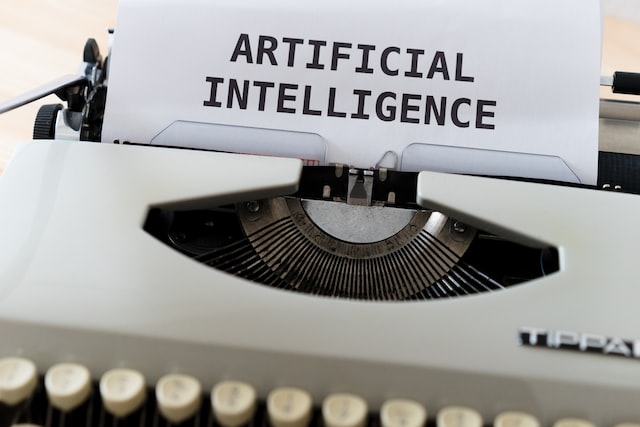Artificial intelligence (AI) is old – it has already eliminated jobs in banking, law, and manufacturing, among many other industries. Is accounting next to go?
The Germany-based software company recently received $3.5 million in Series A funding from various venture capital firms and angel investors. Smacc uses artificial intelligence to help freelancers, small businesses, and medium-sized businesses automate their accounting systems and financial statements.
The founders developed the idea after struggling with accounting in the early stages of their own business.
Retail customers send their receipts, which are then converted into machine-readable forms. Tickets are assigned to the correct account after encryption. Over time, the system teaches to improve its functions: sales, fees, account management, and liquidity.
Table of Contents
Self-study and improvement
The software uses more than 60 data points to review receipts and invoices. It checks that the math is accurate and confirms that the issuer is correct with information such as the VAT identification number. Once the software learns how to handle each supplier, the tasks are handled automatically. Its artificial intelligence allows it to understand itself and constantly improve its ability to categorize and allocate information.
Customers can view payments and fee data in real-time using any connection.
They can enter data or wait until the end of the month to see where their finances stand. Several companies, such as QuickBooks, offer cloud accounting software. Still, Smacc is among the first to use artificial intelligence to improve the software to automate tasks.
The rise of AI
The world of accounting is just the latest in a series of industries to be affected by the rapid increase in the use of artificial intelligence. Bill Gates even referred to the rise of artificial intelligence as computer science’s “Holy Grail.” After many failed efforts in the past, the accuracy and speed of today’s artificial intelligence have greatly improved.
You can’t go a day without someone on your Facebook feed sharing an article about artificial intelligence and how it will take your job in the coming years, but these concerns are not new. The same fear was at the forefront of people’s minds as factories spread across Britain 200 years ago, according to The Economist.
Robots are already used in our homes, workplaces, and entertainment centers. In the next 10 years, Forrester Research estimates that AI will take over 16 percent of jobs in the United States. Google believes that robots will overtake education by 2029. Gartner forecasts that intelligent robots will perform 33 percent of all jobs by 2025. FOW predicts that five areas will be most impacted: healthcare, manufacturing, transportation, customer service, and finance.
Reality check
With all that said, accountants more than likely won’t have to worry about AI for a long time. Smacc is developing interesting AI applications to facilitate further automation and streamline accounting tasks. And cloud accounting software packages like QuickBooks say they are already 75 percent automated. But professional accountants do much more than keep track of receipts and provide basic reports. They act as consultants who advise on taxation, discuss operations, review client goals, and more. The rapid change in business operations and the proliferation of complex regulations means that management services will be essential to ensure compliance with compliance requirements and sound financial controls.
Many countries
It is especially true for companies operating in multiple countries.
Dealing with taxes in your home country is hard enough, but making sense of the tax code and business rules of many foreign countries is difficult. Are AI robots ready to tackle the tangled web of regulations associated with the European Union or compliance with Organization for Economic Co-operation and Development (OECD) requirements? No artificial intelligence algorithms that can sort out these complex interactions exist at this point.

Difficulty with context
Machine learning can be trained to handle an incredible variety of tasks if you give it a broad enough example to draw from. Data scientists are still determining how this happens. The math is so complex it’s hard to restart it to see how the system learns. It makes it difficult to diagnose problems.
Accountants can breathe easily for a long time. AI can do amazing things, but it could be better than many people do naturally. We make a lot of decisions based on context. Service management staff understand the rules and regulations the customer must follow and can present options and suggestions in a way that the customer can understand.
Modern machine learning systems need to touch this type of context better. Futurists have been touting the benefits of AI for decades now, describing a fantastic world where robots make your daily life simple. This future may be here sooner than you think but now outsourced accounting services have an advantage that advanced algorithms can’t replicate – human interaction.









Leave a Reply